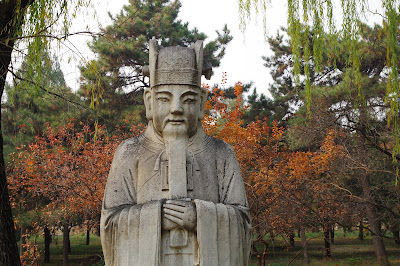The Book That Made Me: a Collection of 32 Personal Stories edited by Judith Ridge is my kind of book. So when I saw it on the list of nominated titles for the Cybils, I jumped at the chance to read it.
32 authors and illustrators each wrote an essay for this collection highlighting a book, or several books, that came along sometime during their formative years and really spoke to them or changed things for them, possibly starting them on the path that led to writing. The power of the written word--- it never ceases to amaze me how it changes lives!
Below are a few of my highlights from a book fulling of reading/bookish highlights...
Randa Abdel-Fattah was born in Australia but is of Muslim-Palestinian Egyptian heritage. As a young girl she loved books but always found herself reading books about girls who looked nothing like herself. "And then I read Melina Marchetta's
Looking for Alibrandi...I read it in one sitting. And then I read it again. And again. Something inside me changed." For first time in her life she found a character who didn't "fetishize" a migrant's upbringing. She identified with the character's world and challenges. "I couldn't believe that I'd opened a young adult book that spoke to my life. It was wildly empowering and gratifying."
There are books you read that make you hold your breath. It's only when you get to the end that you realize you need to come up for air. In fact, the origins of the word inspiration stem from the act of inhaling. There is something sensuous and visceral in the experience of being inspired. It felt it with Looking for Alibrandi (7).
Mandy Hager is a young adult New Zealand author who found her voice for activism when she read
Nineteen Eight- Four by Orwell.
One of the characters in Nineteen Eight- Four says: 'Until they become conscious they will never rebel, and until they have rebelled they cannot become conscious.' I say, rebel and be conscious! Let's all have a damn good stab at proving him wrong and making sure his dystopia can be forgotten as we work to build a utopia instead! (35)
Bernard Beckett is a drama teacher and playwright from New Zealand. One day when he was in the car with his preschool-aged twin sons he popped an audiobook into the CD-player of
George's Marvelous Medicine by Roald Dahl, read by June Whitefield. The audiobook delighted his sons and they giggled away in the back seat. "And that moment reminded me of something that I, as a writer, should never have needed reminding of. That storytelling in its purest form---some words, a voice---is compelling in a way that no other medium can be" (55).
Who was it who said that 'literature in the only art form in which the audience provided the score'? I don't remember, and Google is being unhelpful. Never mind, the point is an important one. When we read a story, or indeed listen to one, the only way to comprehend it is to fully engage with it. The words must become alive in our heads... We own the story because we are, to such a large extent, creating it (56).
Ambelin Kwaymullina is a native Aboriginal person from Australia. She believes in the power of storytelling to pass on important information and traditions.
I want everyone who will come after me to inherit an earth bursting with diversity...and I know that the future is a story to which we all contribute. So look. Look ahead. Dreams matter. Every story matters, and we all have the power to influence the future (67-8).
Jared Thomas is a Nukunu person from Australia and a playwright. He identified
The Power of One by Bryce Courtney as a book which helped him see racism for what it is and helped him on his professional path as a writer hoping to highlight injustices around the world. I honed in on this example because I, too, was deeply touched by
The Power of One.
Shaun Tan is an artist, writer, and filmmaker. His drawings are distributed throughout this book. Each illustration captures one of the aspect of why he loves books so much. Below is just one of those as an example.
This book, which was first published in Australia in 2016 is a treasure, for sure. One criticism is that none of the highlighted authors are from North America. Though each of the 32 highlighted authors have important messages about the power of books to change lives, I wonder, as a librarian in the USA, how my students will relate to it, if they aren't familiar with the authors themselves.







































